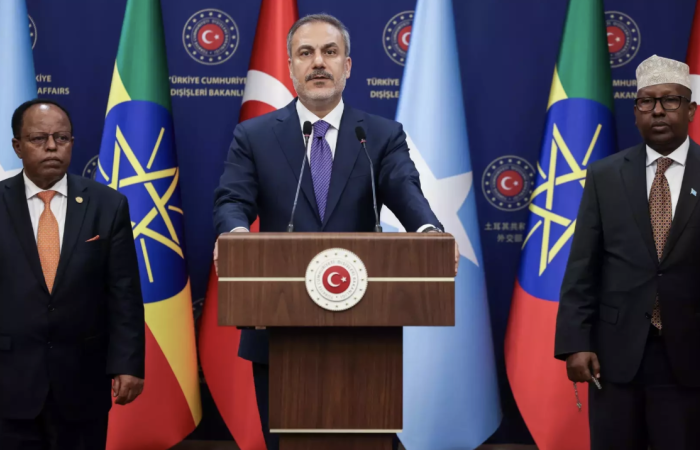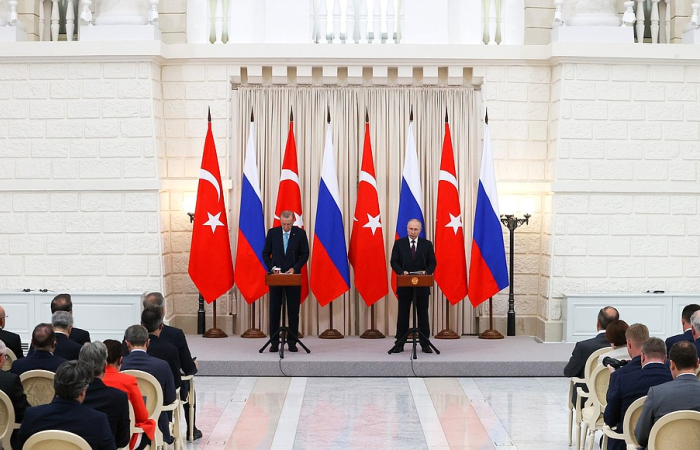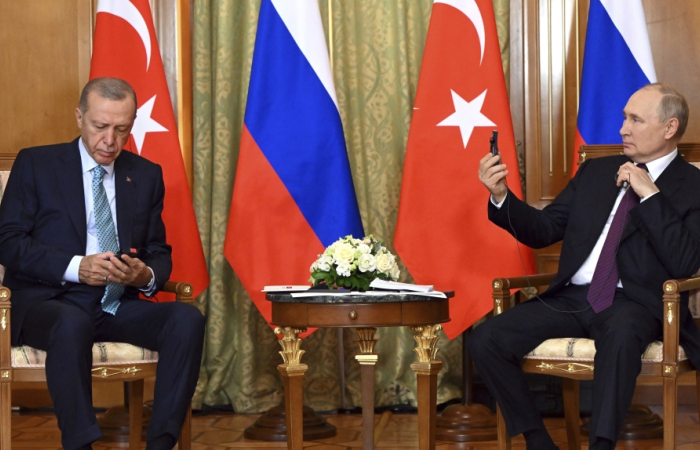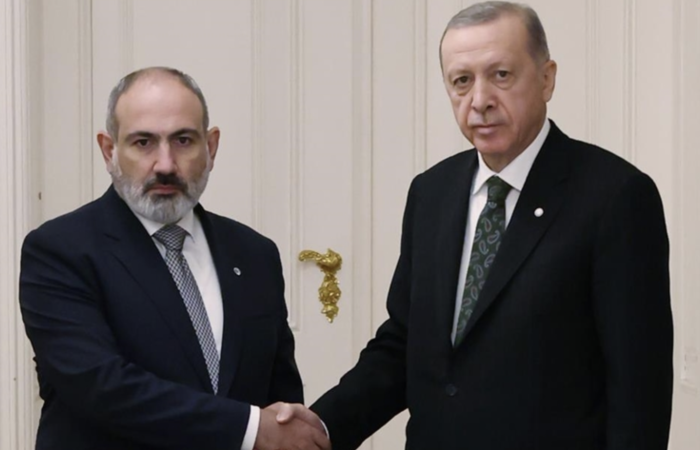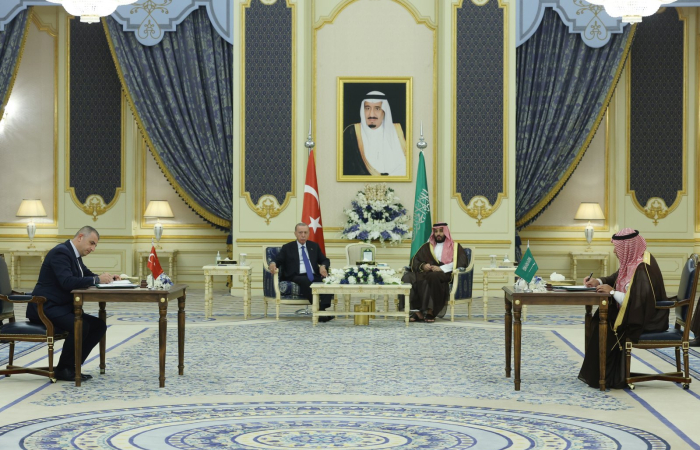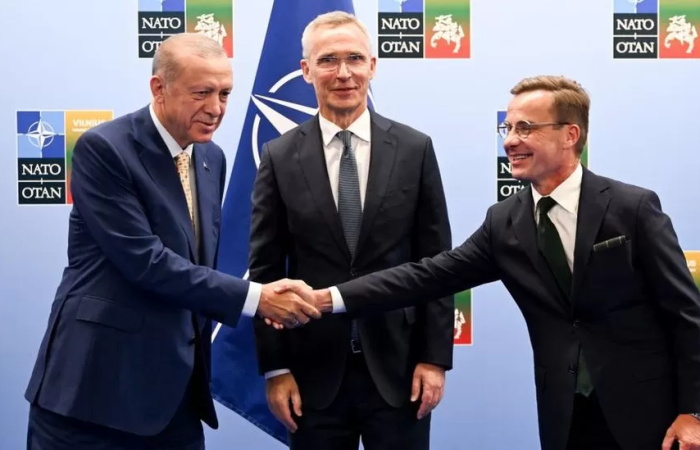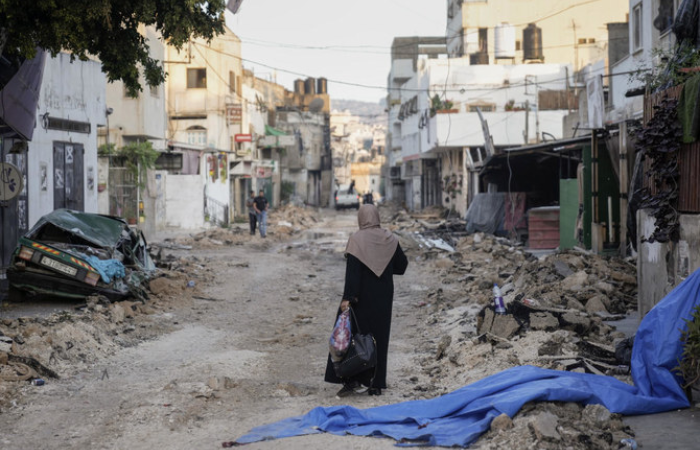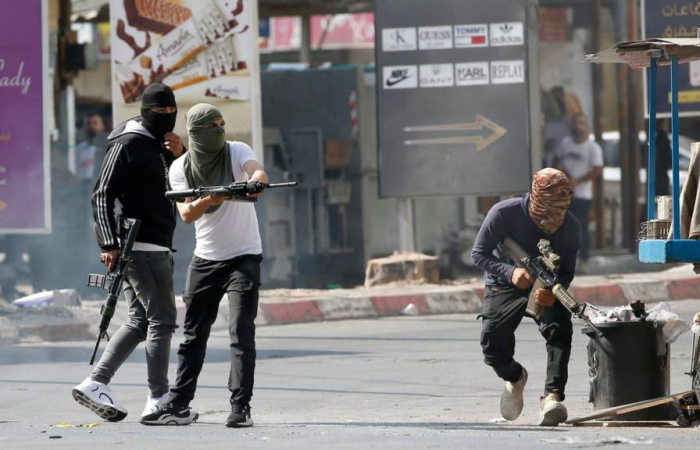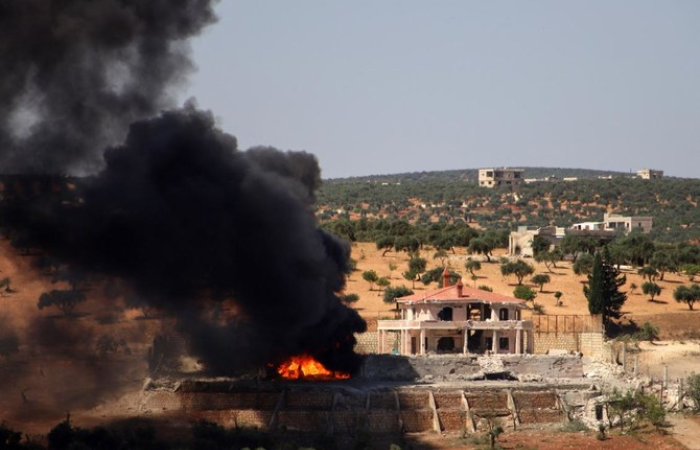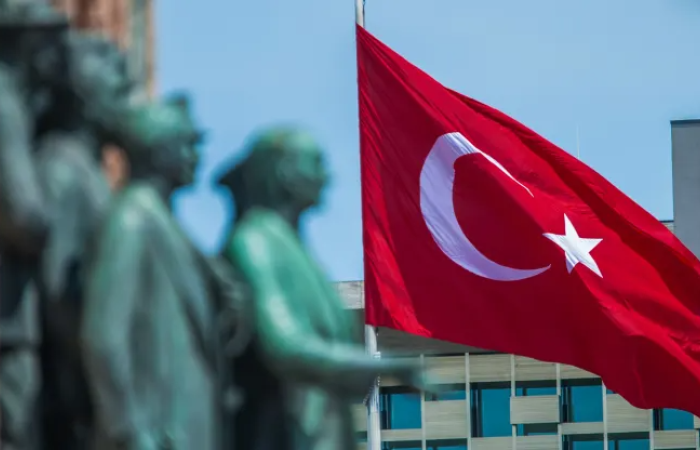Editor's choice
This is a members’ functionality. Please
Sign upOpinion
Trending
Sochi Summit exposes limits of Russian-Turkish entente
5 September 2023
Turkish President, Recip Tayip Erdogan visited Sochi on Monday, 4 September, to meet Russian president Vladimir Putin. Erdogan had sought this meeting for some time, hoping that in a face-to-face encounter he could persuade his Russian counterpart to restore the so called Black Sea Grain Deal, which enabled Ukraine to export its grain products to international markets safely, despite the ongoing war with Russia. "Erdogan failed in this primary mission", writes commonspace.eu political editor in a comment
"There were of course other issues under discussion in Sochi - both related to bilateral relations, as well as issues concerning the international and regional situation. There were no new breakthroughs, no new agreements signed, nor new initiatives announced, except for one related to the supply of Russian grain to African countries via Turkey, a side issue of the main Grain Deal.
In many ways, Sochi showed the limits of the Turkish-Russian entente. It has always been built on mutual convenience as both sides try to show the world that they are independent players in a complex international system. But Russian hopes to lure Turkey away from NATO have failed miserably. Russian disappointment at Turkey's overt support for Ukraine in military as well as political spheres, is a sore point for President Putin. The Russians have also learnt that the Turks drive a hard bargain when it comes to economic issues. Reeling under heavy western sanctions the Russians need to keep the Turks on board, but the cost is high. For Turkiye too the limits of the friendship with Russia are obvious. Opinions differ on a range of issues - from the South Caucasus to Syria to Central Asia. Turkiye has tried to lure Russia into negotiations with Ukraine. Moscow politely but firmly said no. For Turkiye the war raging in the Black Sea poses a huge threat. All its efforts so far to stop it have failed, and Sochi has not brought this objective any nearer. After Sochi, Turkiye will once more have to evaluate how to position itself in the war for its long term interests.
For the moment the Turkish Russian relations, which are of huge consequences for the security of the Black Sea region, remain at face value, good. But Sochi has shown signs of cracks on a number of issue, cracks that polite words and expressions of friendship in the press conference following the Summit, failed to hide."




